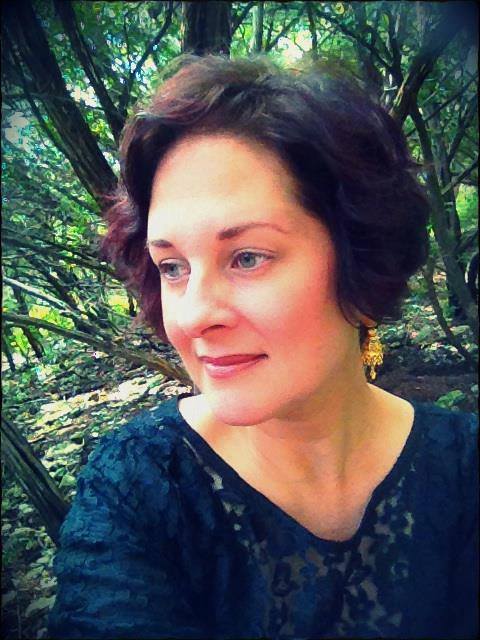I was on a conference call one evening last week when my call waiting beeped at me. It took me a few seconds to recognize the number since I only see that area code a couple times a year. It was my dad. I let it go to voicemail.
I waited until the next day to check the message. His voice came amicably through the receiver and he chided me jokingly about turning 40 a few weeks earlier. My dad doesn’t celebrate birthdays, so I thought it was odd that he was calling me about it until I realized the real reason for his call: an annual religious celebration that is part of his church is coming up soon. He wanted to remind me about that.
I left my dad’s church for good in my early twenties, after a long struggle between the teachings I grew up with and my own personal beliefs that had gradually evolved from age, experience and study. My father’s church instructs that members should not associate with people who leave the faith, and that includes family. When I left, I did so with the knowledge that my dad would no longer be an active part of my life.
Having been through the process of losing the religion of my youth and choosing a new path (Islam), I firmly believe that there is no more fundamental or sacred right that each human being has than to explore their spirituality on their own terms. And yet, as I have experienced, it is often the people closest to us that want to control that sacred right and who feel justified in punishing us if our seeking leads us in a direction different from their own.
Sadly, this kind of ‘compulsion’ isn’t confined to any one religion. I’ve seen this same kind of manipulation and coercion happen in families claiming all kinds of religious traditions, including Islam.
I’ve spent a lot of time over the past few years being angry at religion because it has destroyed the relationship I had with my father. In fact, even though I’ve embraced Islam, I continue to struggle against resentment toward religion for all the ‘stupid things it makes people do to one another’.
But it occurred to me recently that perhaps my anger was misplaced.
If I’m honest with myself, I have to admit that I know a lot of religious people who have stood by their children even when they’ve ‘left the fold’ and chosen another religion to follow…yes, even within my dad’s church. I’ve seen religious people who have stood by their children when they have chosen atheism. I am a religious person, and I would never dream about rejecting my children or cutting them off because they have chosen a different religion, or even non-belief.
Maybe, just maybe, the reason I have been so angry at religion for so long is because the alternative is admitting that the real object of my anger and resentment should be my father. It’s much easier to hate a large, faceless entity like religion than to admit that the person who helped bring me into the world and raised me; the man who read stories to me before bedtime and taught me how to ride a bike has chosen to reject a relationship with his own daughter.
Our families are our first introduction to the idea of God and the concept of religion. As children, we can’t help but associate the earliest brand of authority we know (our parents) with the esoteric and idea of the ‘ultimate authority’ of the Divine. I guess it’s an easy enough mistake to get mad at God and religion for the things our families do.
Religion has been used to justify both good and bad actions. It has been used to oppress and liberate. It can be used for comfort or as a weapon. The choice belongs to each believer. I must come to terms with the fact that my father has chosen to interpret his Christian faith as exclusionary and judgmental.
My father hasn’t seen me in years. He calls a couple times a year for an obligatory ‘check in’. He has only seen my husband and my children a few times, and has only spoken to them on the phone once or twice. He has chosen to forfeit a relationship with my family and me. These are his choices, and he’s justified them with his religion.
But I have choices, too.
I love more freely in the name of religion after having been subject to conditional love from my father. I’ve embraced my limited human vision and chosen to leave judgment to an Almighty One that Knows All. I’m relieved of punishing people for not worshipping ‘the right way’. I’m free to love everyone; regardless of certain ‘rules’ that some of my co-religionists wish to impose on others in the name of God. I have chosen to worship God…not religion; and that means that when religion conflicts with what I know of God, I’m free to disregard it. I can say to my children, my husband, and the rest of my family, “I’ll love you, and care for you, and be here for you… no matter what you do,” and I can mean it.
This is my choice, Alhamdolillah. This is my religion.
____
Amanda Quraishi is a blogger, interfaith activist and technology professional living in Austin, Texas. You can follow her adventures on her personal blog muslimahMERICAN.com, or on Twitter at @ImTheQ.












